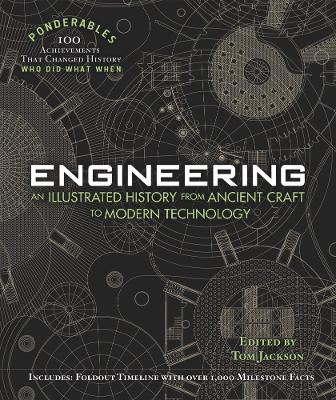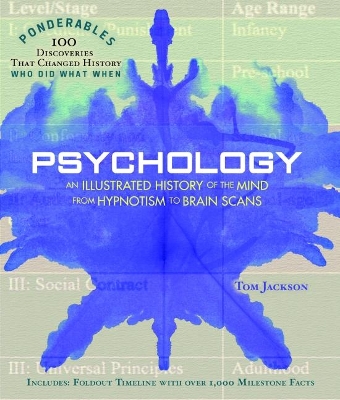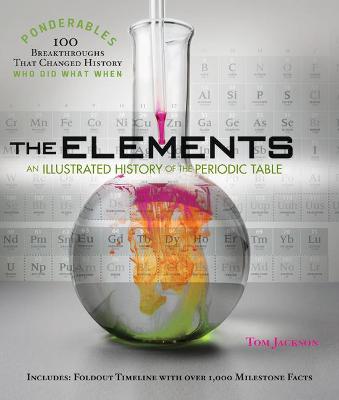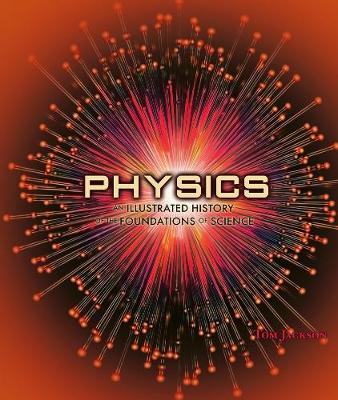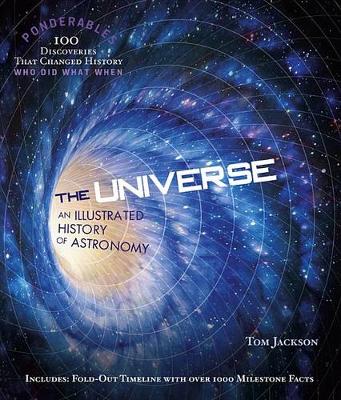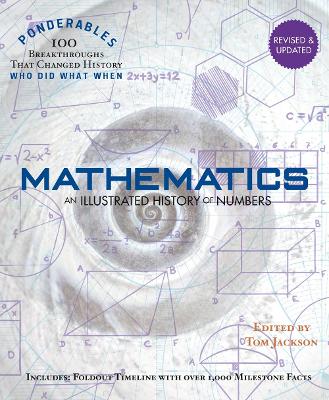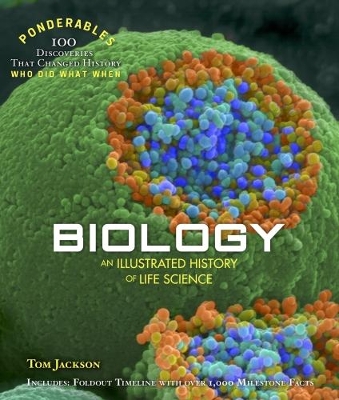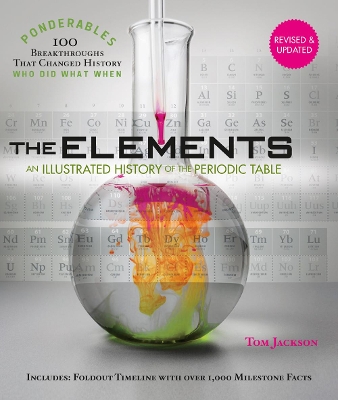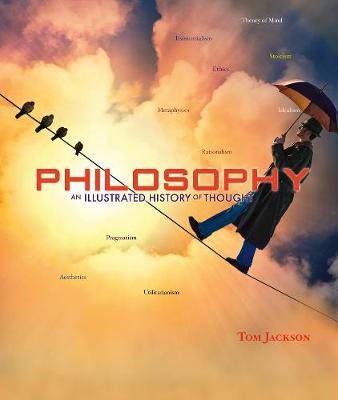Ponderables
9 total works
Here is the essential guide to psychology, an authoritative reference book and timeline that examines how we learned to understand ourselves.
Psychology is a young science. While great thinkers have pondered the nature of thought itself for centuries, the idea of using scientific experiments to examine the way we think, make decisions, and behave was only arrived at in the mid-19th century. However, the impact of psychology has been far reaching. Thanks to the work of Sigmund Freud, William James, Abraham Maslow, and many others, we now consider the psychological impact of events, along with their economic, political and legal aspects. Nevertheless psychology studies a very difficult subject-the human mind-and finding ways of measuring our thoughts is not easy. New techniques, such the functional MRI scanner and improved understanding of brain function, may help to unlock the secrets of what makes us who we are. What do you think?
Includes a removable concertina housed in the back of the book. Providing a 12-page Timeline History of the Periodic Table. On the reverse side is a12-page Chart of Elements in Atomic Order.
Includes a removable concertina housed in the back of the book providing a 12-page Timeline History of the Universe as well as the Star Chart of the Night Sky for every month on the reverse side.
Legend has it that the first magic square, where all lines and diagonals add up to the same figure, was revealed more than 2,000 years ago when a river turtle appeared to have ancient Chinese numerals inscribed on sections of its shell.
Patterns are everywhere in nature, and counting, measuring, and calculating changes, are as old as civilisation itself.
Here is the essential illustrated guide to mathematics that explores the work of history's greatest mathematicians.
From the teasing genius of Pierre de Fermat, who said he knew the answers but rarely gave them up, to the fractal pattern discovered by Waclaw Sierpinski, here are 100 landmark moments. Behind each breakthrough, there's a story about a great thinker and the confounding puzzle that became a discovery and changed the way we see the world.
From the workings of molecules to the way entire oceans or continents of lifeforms interact, biology seeks to understand how it is that something can be alive, how it fends off death and how it leaves more life in its wake. We follow the journey through the history of life science to find out why the dolphin got its name (it is the 'womb fish'), how a seven-foot strand of DNA is able to build your body, and what gives a lobster its blue blood.
The great names, such as Darwin and Linnaeus, are joined by lesser known discoverers, such as Karl von Frisch who discovered that bees dance, and Jan Baptist van Helmont who found a plant uses air and water to grow. Biology today is still very much a live science, finding a purpose in robot design and helping us to understand non-living complex systems like the Internet. Biology has changed the way we understand ourselves. What will it tell us next?
- Contains 100 chronological articles that tell the story of biology from the dawn of history to the present day
- Authoritative text, exciting imagery and helpful diagrams accompany each of the steps along the way
- Biographies of great life scientists and a chart of the tree of life
- A simple guide to biology draws together current understanding to set out the basics of the science
- The Imponderables looks at what questions biology still needs to answer.
Also contains a 24-page removable foldout concertina neatly housed at the back of the book. This fold-out concertina includes a 12-page Timeline History of Biology and 12 full pages of amazing electron micrographs called Our Hidden World.
